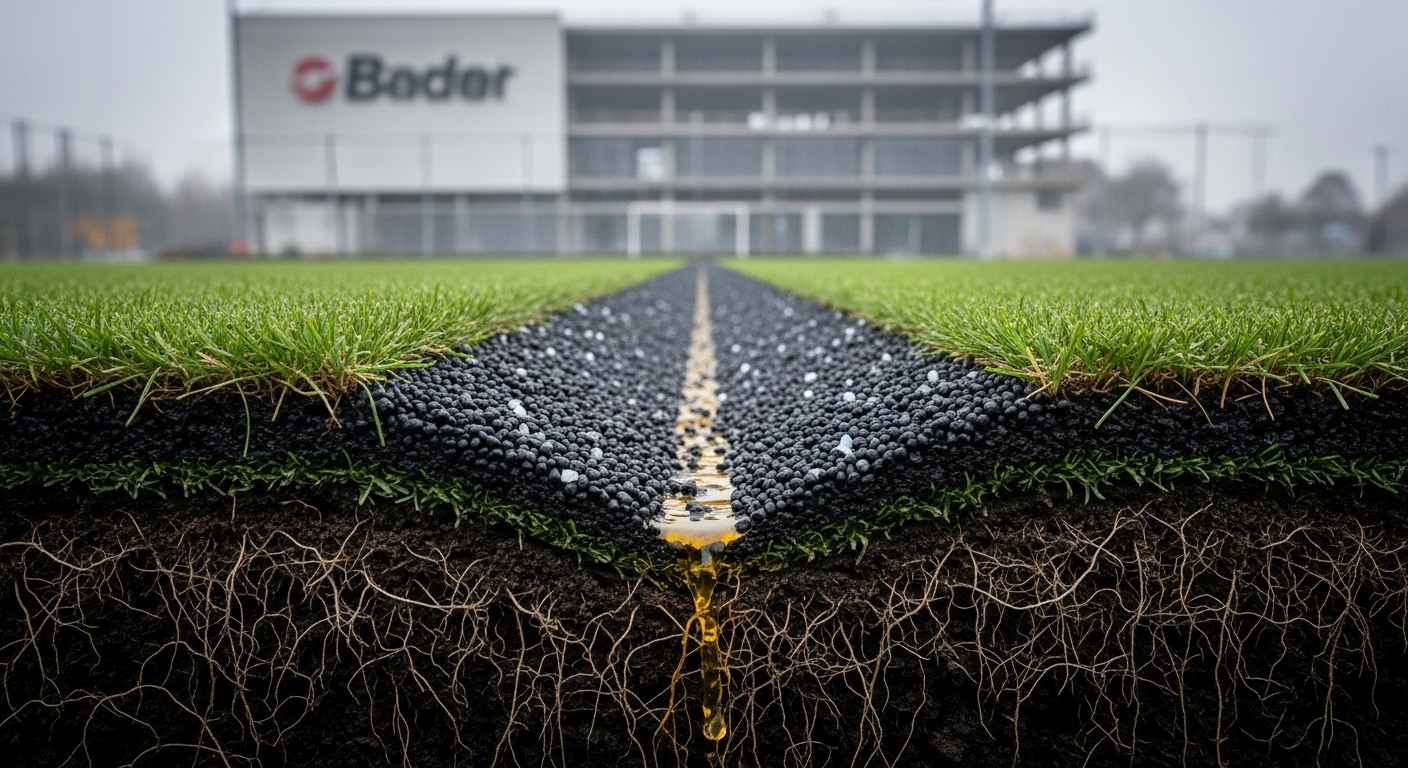
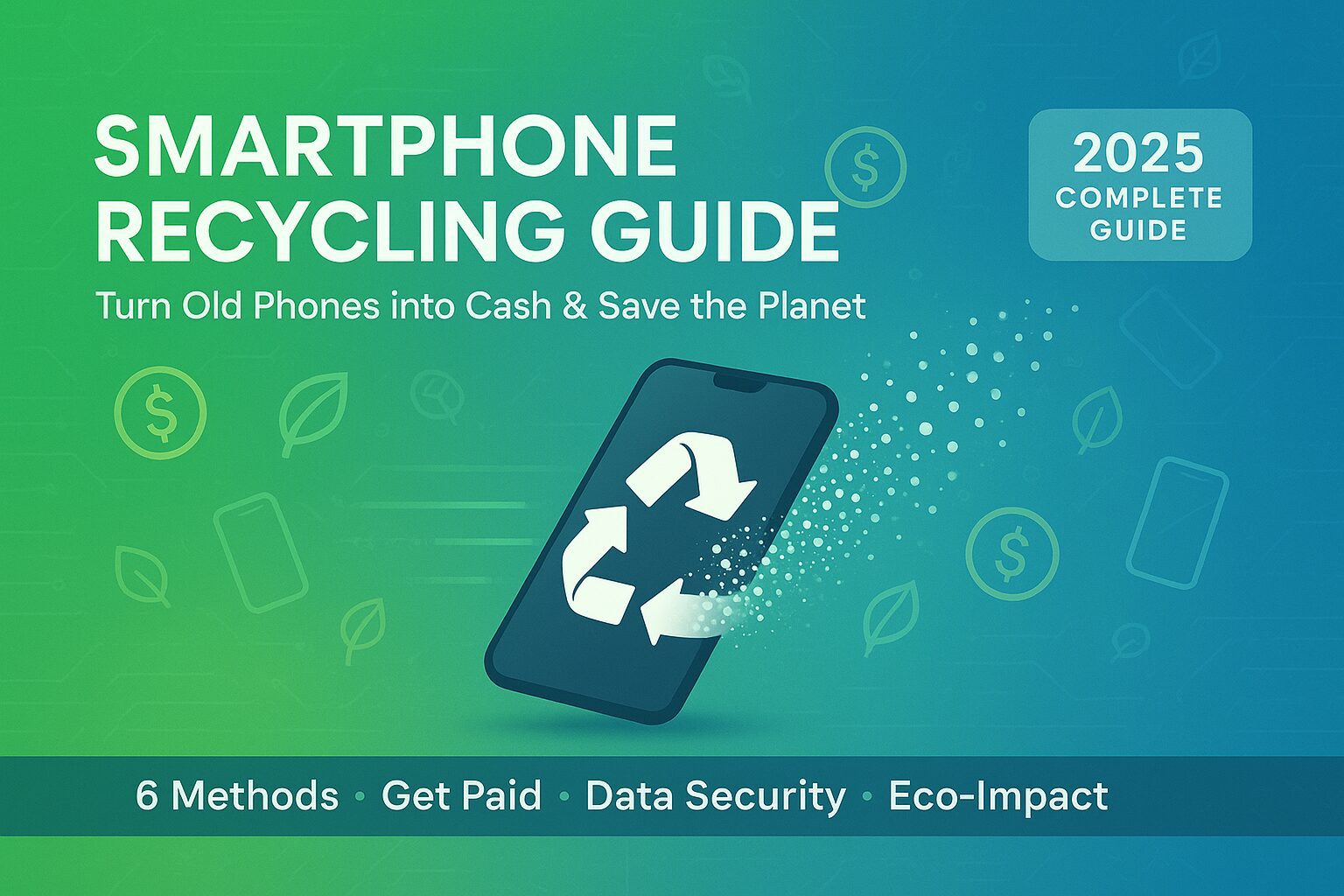
Your old smartphone contains both valuable materials worth recovering and toxic substances that can harm the environment—here’s exactly what you need to know about recycling it properly.
With only 10% of phones being recycled in the US according to the EPA, millions of devices end up in landfills each year. These discarded phones leach harmful chemicals like lead, mercury, and cadmium into soil and groundwater while wasting precious resources including gold, silver, and rare earth elements.
You can recycle smartphones through multiple channels: retail drop-offs at stores like Best Buy and Staples, manufacturer programs from Apple and Samsung, charity donations that help communities, or certified e-waste centers in your area. But first, you must protect your personal data with proper preparation steps.
This comprehensive guide covers essential data protection procedures, all available recycling options with current trade-in values, how to recycle smartphone accessories, special instructions for phone recycling devices with non-removable batteries, and explains exactly how phones are recycled at professional facilities. Whether you’re looking for the best ways to recycle old smartphones or need specific guidance for your device type, you’ll find everything you need below.
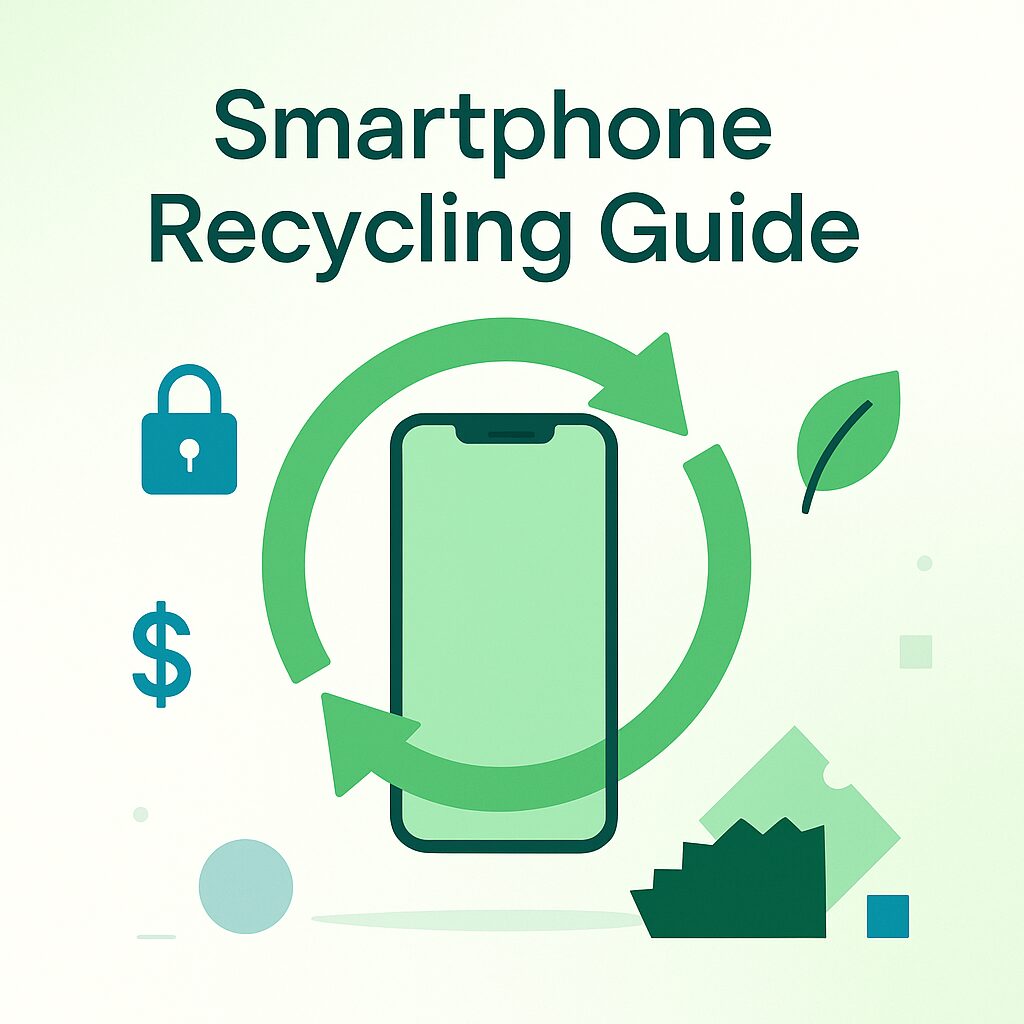
Understanding the importance of smartphone recycling helps motivate proper disposal habits that benefit both the environment and your personal security.
Every smartphone contains approximately 60 different elements from the periodic table, including toxic materials that pose serious environmental risks. When phones end up in landfills, heavy metals like lead, mercury, cadmium, and brominated flame retardants slowly leach into groundwater supplies. A single cell phone battery can contaminate up to 600,000 liters of water.
The mining process for smartphone materials devastates ecosystems worldwide. Coltan mining in the Democratic Republic of Congo, which supplies 80% of this essential component, has contributed to a 90% decline in eastern lowland gorilla populations over the past five years. By recycling existing phones, we reduce demand for new mining operations.
Modern smartphones are miniature treasure troves of precious materials. The average phone contains approximately 0.034 grams of gold, 0.34 grams of silver, 0.015 grams of palladium, and 25 grams of aluminum. While these amounts seem small individually, recycling one million phones recovers 35,000 pounds of copper, 772 pounds of silver, 75 pounds of gold, and 33 pounds of palladium.
These materials retain their properties through infinite recycling cycles, making phone recycling highly efficient. The energy saved by recycling these materials rather than mining new ones is substantial—recycling aluminum uses 95% less energy than producing new aluminum from raw ore.
Discarding phones without proper data removal creates serious identity theft risks. Modern smartphones store extensive personal information including banking apps, saved passwords, photos, contacts, and even biometric data. Tech-savvy criminals can extract this data from improperly disposed phones using forensic software, potentially accessing your financial accounts, social media profiles, and private communications.
Robert Siciliano, CEO of Protect Now Cyber Security Training, warns that both personally identifiable information and sensitive account data can be extracted from devices and used for identity theft. Even phones that won’t turn on may still have recoverable data on their storage chips.
Before exploring the best ways to recycle old smartphones, you must first secure your personal information. This preparation process ensures your data remains private while making your device ready for its next life.
Start your recycling preparation at least one week before disposal to ensure thorough data transfer. Modern phones offer multiple backup methods:
Cloud Backup Options:
Computer Backup Methods:
Physical Storage Options: For users preferring offline backups, transfer photos and documents to an external hard drive or USB flash drive. This creates a permanent archive independent of cloud services.
This critical step prevents unauthorized access to your accounts after recycling. Work through this checklist systematically:
For Android users specifically: Remove your device from two-factor authentication by going to Settings > Google > Manage your Google Account > Security > 2-step verification > Turn off.
A factory reset returns your phone to its original state, erasing all personal data, apps, and settings. This step is essential for any recycling method you choose.
iPhone Reset Process:
Android Reset Process:
Your SIM card contains your phone number, carrier information, and possibly contacts and text messages. Always remove it before recycling. For phones with expandable storage, remove the microSD card which may contain photos, apps, and documents.
If switching to a new phone with the same carrier, you can often transfer your existing SIM card. Otherwise, destroy old SIM cards by cutting them in half with scissors to prevent data recovery.
Phones that won’t power on present unique challenges since you cannot perform a standard factory reset. However, you still have options:
Never attempt to recycle a broken phone containing sensitive data without confirming the recycling service includes certified data destruction.
Now that your data is secure, explore these recycling options ranked by convenience and value. Each method offers different benefits depending on your priorities—whether maximizing financial return, supporting charities, or ensuring environmental responsibility.
Major retailers offer convenient recycling programs accepting phones in any condition, making this one of the easiest recycling methods available.
Best Buy accepts up to three items per household daily at no charge. They partner with certified recyclers ensuring responsible processing. California residents enjoy fee-free recycling, while some states charge $29.99 for certain electronics (refunded via gift card in select states).
Staples provides free technology recycling at over 1,000 US locations. Their program accepts phones regardless of where you purchased them, along with accessories like chargers and cases. They also offer trade-in programs for newer devices with remaining value.
Phone manufacturers often provide the most straightforward trade-in experiences with competitive values:
Apple Trade In offers up to $800 credit for recent iPhone models (as of 2025). Even older models like iPhone 8 can receive $40-50 credit. Non-eligible devices are recycled free through their environmental partners. The process takes 2-3 weeks when mailing devices or can be completed instantly in Apple Stores.
Samsung Trade In provides instant basket discounts when purchasing new Samsung devices. Recent models like Galaxy S21 (128GB) can earn $105 credit. Samsung accepts damaged phones at reduced values and includes free shipping materials. They even accept non-Samsung phones when purchasing Samsung products.
Google Trade In through the Google Store offers competitive values for Pixel phones and accepts other Android devices. Their program includes free shipping and data transfer assistance.
These services specialize in purchasing used electronics, often offering higher payouts than manufacturer programs:
Decluttr provides instant quotes and free shipping labels. They pay via direct deposit or PayPal upon device inspection. Their streamlined process typically completes within one week of shipping.
Gazelle has built a reputation for fair pricing and reliable service. They inspect devices thoroughly and offer 30-day price locks, protecting you from market fluctuations during shipping.
Swappa operates as a marketplace connecting buyers and sellers directly. While requiring more effort than instant buyback services, Swappa typically yields the highest returns for devices in good condition.
Mobile carriers incentivize upgrades through competitive trade-in offers:
Carrier programs work best when upgrading within the same network, as promotional values typically exceed cash payments.
For phones with no remaining value or when prioritizing environmental responsibility, certified e-waste recyclers ensure proper handling:
Always verify recyclers hold R2 or e-Stewards certification, ensuring they follow strict environmental and data security standards.
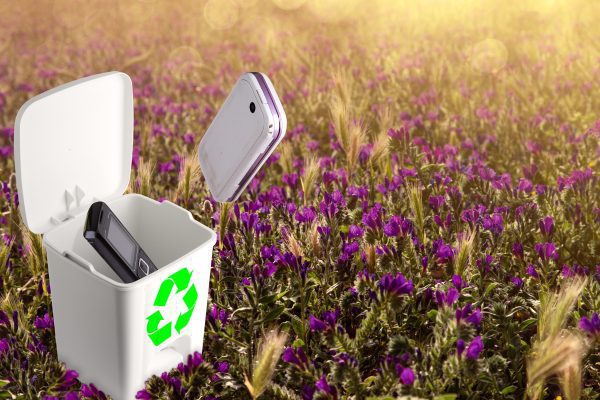
Modern smartphones increasingly feature non-removable batteries, requiring special handling during recycling. Understanding proper disposal methods ensures safety while complying with environmental regulations.
Lithium-ion batteries in smartphones pose unique recycling challenges. When damaged or improperly handled, these batteries can overheat, leak toxic chemicals, or even catch fire. The compact design of non-removable batteries makes them more susceptible to damage during standard recycling processes.
Federal transportation regulations classify lithium batteries as hazardous materials. This designation affects how you can ship or transport phones for recycling. Many recycling facilities have specialized equipment for safely extracting integrated batteries, but not all locations offer this capability.
When learning how to dispose of phone with non-removable battery units, always choose certified handlers:
Authorized Service Centers like Apple Stores and Samsung Experience Stores have proper equipment for battery-integrated devices. Staff receive specific training for handling these potentially hazardous components safely.
Call2Recycle Drop-off Sites specialize in battery recycling with over 30,000 locations nationwide. Their collection boxes include fire-resistant materials designed specifically for lithium-ion batteries.
Best Buy and Staples accept phones with non-removable batteries through their standard recycling programs. Their partnership with certified processors ensures proper battery extraction and recycling.
If mailing phones with non-removable batteries, follow these strict requirements:
Many recycling programs provide pre-paid shipping materials meeting all safety requirements, eliminating guesswork from the process.
Pro Tip: Never throw phones with batteries in regular trash or curbside recycling. Lithium batteries in garbage trucks have caused numerous fires, endangering workers and facilities.
Donating your smartphone combines environmental responsibility with social impact. These programs ensure devices reach people who need them most while keeping electronics out of landfills.
Since 2004, Cell Phones for Soldiers has provided over 400 million minutes of talk time to military personnel. The program accepts all phone models, working or broken, converting their recycling value into calling cards for deployed service members.
Each donated phone valued at $5 translates to 2.5 hours of international calling. The organization partners with recycling companies ensuring zero phones reach landfills. Donation is simple through drop-off locations at various retail stores or mail-in options with free shipping labels.
Medic partners with healthcare workers across Africa and Asia, using technology to reach remote communities. Their phone donation program funds critical healthcare software development. Even outdated smartphones can generate $5-80 in program funding.
The organization accepts phones in any condition through their mail-in program. They handle data destruction certification and provide tax receiption documentation for your donation value.
Several organizations repurpose donated phones for domestic violence survivors:
Verizon HopeLine collects phones year-round, refurbishing working devices for emergency use by shelter residents. Non-working phones generate funds through recycling partnerships.
National Coalition Against Domestic Violence distributes phones programmed to call 911, providing lifelines for individuals in dangerous situations. They accept phones regardless of carrier or condition.
Community organizations often run smaller-scale phone collection programs:
Contact local nonprofits directly to discover nearby donation opportunities. Many provide tax receipts for your donation’s fair market value.
Impact Statistics: In 2024, donated phones provided 2.3 million emergency calls for domestic violence survivors and funded 450,000 medical consultations in underserved communities.
While most recycling guides focus on phones themselves, how to recycle smartphone accessories remains equally important. These items contain valuable materials and environmental hazards requiring proper disposal.
Phone cases present recycling challenges due to mixed material construction. Most rigid plastic cases use polycarbonate or TPU plastics with limited recycling markets. However, several options exist:
Manufacturer Take-Back Programs: Companies like Pela Case and Nimble accept old cases (any brand) when purchasing new ones. They properly separate materials for recycling or composting.
TerraCycle Programs: Some retailers partner with TerraCycle for hard-to-recycle items. Check local phone stores for collection boxes accepting cases, screen protectors, and accessories.
Creative Reuse: Before recycling, consider donating intact cases to thrift stores or selling through online marketplaces. Cases for popular phone models maintain resale value.
Electronic cables contain copper wiring valuable for recycling. Never throw chargers in regular trash—the transformers contain components requiring special handling.
Best Buy accepts unlimited cables and chargers through their free recycling program. Simply drop items in designated bins near store entrances. Similarly, many Goodwill locations partner with Dell Reconnect, accepting all computer and phone cables.
For bulk cable recycling, scrap metal dealers often purchase cables by weight. Remove any plastic housings first to maximize value. Some dealers pay $1-3 per pound for sorted copper cables.
Tempered glass screen protectors should be wrapped in paper before disposal to prevent injury. While the glass isn’t recyclable through standard programs, some specialized e-waste facilities accept them.
Other accessories requiring special handling:
Wireless earbuds contain lithium batteries requiring careful disposal. Apple accepts AirPods (all generations) for free recycling at retail locations. Similarly, Samsung and other manufacturers typically accept their branded audio accessories.
For mixed brands, Best Buy’s recycling program accepts all earbuds and Bluetooth devices. Call2Recycle locations also handle these battery-containing accessories safely.
Important Note: Never attempt to disassemble earbuds yourself—the tiny lithium batteries can be dangerous if punctured.
Understanding how phones are recycled at professional facilities reveals why proper recycling matters. This complex process recovers valuable materials while safely handling hazardous components.
Recycling facilities receive phones from various sources—retail drop-offs, mail-in programs, and collection events. Upon arrival, workers sort devices by:
Phones suitable for refurbishment undergo data wiping and testing. Those destined for material recovery proceed to dismantling.
Certified facilities perform data destruction even on previously reset phones. Methods include:
Facilities provide certificates of data destruction for business clients requiring compliance documentation.
Workers manually remove batteries, screens, and major components when possible. This prevents battery fires during shredding and allows component-specific recycling.
Industrial shredders reduce remaining phone parts to pieces smaller than 2 inches. This size allows effective material separation in subsequent steps while ensuring complete data destruction.
Advanced separation techniques recover different materials:
Magnetic Separation: Powerful electromagnets extract ferrous metals like steel and iron from shredded materials.
Eddy Current Separation: This process uses magnetic fields to separate non-ferrous metals like aluminum and copper from non-metallic materials.
Optical Sorting: High-speed cameras and air jets separate materials by color and type, isolating different plastics and metals.
Separated materials undergo further processing:
Modern recycling facilities recover up to 95% of a phone’s materials. One ton of cell phones yields more gold than 70 tons of gold ore, demonstrating recycling’s efficiency.
Following structured instructions for phone recycling ensures nothing important gets missed. This timeline approach helps you prepare thoroughly while maximizing your phone’s value.
Start preparing seven days before recycling to avoid rushed decisions:
Day 7-6:
Day 5-4:
Dedicate your final preparation day to thorough data management:
Morning Tasks:
Afternoon Tasks:
Execute your recycling plan methodically:
Monitor your recycling transaction:
Days 1-3:
Week 1-2:
Week 2-4:
Keep all documentation for at least one year for tax purposes or potential disputes.
Learning from others’ errors helps ensure smooth recycling experiences. These common mistakes can cost money, compromise security, or harm the environment.
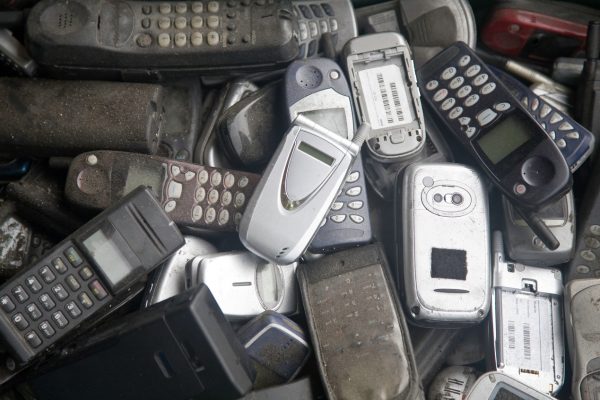
The most serious error involves inadequate data protection. Simply deleting files or apps leaves recoverable data on storage chips. Criminals with basic recovery software can access:
Always perform a complete factory reset, not just manual deletion. For extra security, consider encryption before resetting or use data overwriting apps that write random data multiple times.
Despite convenience, regular trash disposal creates multiple problems:
Even completely broken phones contain recyclable materials. Free recycling options exist everywhere—there’s no excuse for trashing phones.
Focusing solely on phones while discarding accessories wastes resources and creates unnecessary waste. Common oversights include:
Develop habits of collecting all electronic accessories for periodic recycling trips. A small box for e-waste accessories prevents improper disposal.
Carrier and manufacturer promotions often include strict timeframes:
When you decide to upgrade, execute your trade-in promptly. Phone values depreciate continuously—delay costs money.
Strategic timing and preparation can significantly increase your phone’s recycling value. These tips help you extract maximum benefit from the best ways to recycle old smartphones.
Phone values fluctuate predictably throughout the year:
Optimal Trade-In Windows:
Poor Timing to Avoid:
Understanding grading criteria helps maximize value:
Pristine/Mint Condition (100% value):
Good Condition (70-85% value):
Fair Condition (40-60% value):
Poor Condition (10-30% value):
Unlocked phones command premium prices in recycling markets:
Before recycling, contact your carrier about unlocking eligibility. Phones with completed payment plans typically qualify for free unlocking, instantly increasing recycling value.
Price Tracking Tip: Use comparison sites like SellCell to monitor values across multiple buyers. Set alerts for your model to catch temporary price increases from competitive promotions.
Organizations face unique challenges when recycling multiple devices. Corporate recycling programs address security, compliance, and logistics concerns while maximizing value recovery.
Enterprise-level recycling requires specialized services:
IT Asset Disposition (ITAD) Companies provide comprehensive solutions including:
Major ITAD providers like Iron Mountain and Sims Lifecycle Services handle thousands of devices simultaneously while maintaining chain-of-custody documentation.
Corporate phones contain sensitive information requiring enhanced protection:
Multi-Layer Security Protocol:
Many providers offer witnessed destruction services where IT staff observe the process virtually or in-person.
Different industries face specific recycling regulations:
Healthcare (HIPAA Compliance):
Financial Services (SOX/GLBA):
Government (NIST Standards):
Always verify recyclers maintain certifications including R2, e-Stewards, and ISO 14001. Request certificates of recycling and data destruction for all devices processed.
Yes, phones that won’t power on can still be recycled. Most recycling programs accept non-functional devices since valuable materials remain recoverable regardless of working condition. However, data security becomes more complex since you cannot perform a factory reset.
For broken phones, choose recycling services offering certified physical destruction of storage components. Many programs like Best Buy and manufacturer take-back services include data destruction in their standard process. If your phone contained sensitive information, request a certificate of data destruction for peace of mind.
In 25 US states, disposing of cell phones in regular trash is illegal. These states ban electronics from landfills due to environmental hazards. Violations can result in fines ranging from $25 to $1000 depending on location and quantity.
Even where legal, phone disposal in regular trash remains environmentally irresponsible. Free recycling alternatives exist nationwide, making proper disposal accessible to everyone. Check Earth911.com for local regulations and recycling options.
Recycling timelines vary by method chosen:
The physical recycling process at facilities takes 24-48 hours from receipt to material separation. However, precious metal extraction and refinement continues for weeks at specialized facilities.
Yes, donating phones to qualified 501(c)(3) organizations provides tax deduction opportunities. The deductible amount equals the phone’s fair market value at donation time. Organizations like Cell Phones for Soldiers and Medic provide written acknowledgments for tax purposes.
To claim deductions:
Consult tax professionals for guidance on your specific situation.
If you’ve already recycled a phone without proper data deletion, take immediate protective actions:
Reputable recycling services perform data destruction regardless of phone condition, but taking preventive measures protects against potential risks. Most certified recyclers can provide retroactive certificates of data destruction upon request.
Recycling smartphones protects our environment from toxic materials, conserves valuable resources that would otherwise require destructive mining, and can even put money back in your pocket—all while keeping your personal data secure. With only 10% of phones currently being recycled in the US, every device properly recycled makes a meaningful difference.
This guide has equipped you with comprehensive knowledge about how to recycle smartphones safely and responsibly. You’ve learned essential data protection steps, discovered the best ways to recycle old smartphones through various programs, understood how to dispose of phone with non-removable battery units, and received clear instructions for phone recycling every type of device. You now know how phones are recycled at professional facilities and understand how to recycle smartphone accessories properly.
Whether you choose retail drop-off for convenience, manufacturer trade-in for value, charitable donation for social impact, or certified e-waste recycling for environmental assurance, you’re contributing to a more sustainable future. Remember that your old phone contains both hazardous materials that need proper handling and precious resources worth recovering.
Take action today: Use our comprehensive checklist to begin preparing your old devices for recycling. Check your drawers for forgotten phones, gather those tangled cables and old cases, and join the growing movement of responsible electronic recycling. Every phone recycled properly prevents environmental damage, recovers valuable materials, and might even fund important charitable work.
Start your recycling journey now—your old smartphone deserves a second life, and our planet deserves your responsible action.
